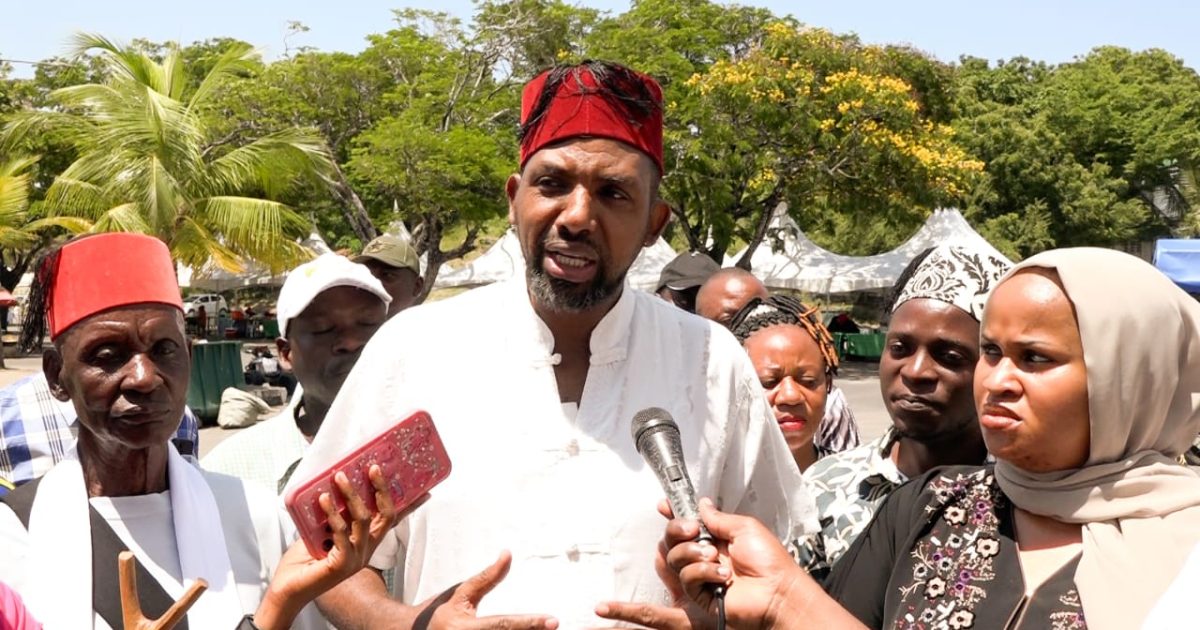Kenya improves in economic management but public sector reforms still lag - World Bank

World Bank highlights that economic management remains Kenya’s strongest pillar, attaining a score of 4.2 in 2024, up from 4.0 in the previous year.
Kenya has posted a slight improvement in the World Bank’s latest Country Policy and Institutional Assessment (CPIA) for Sub-Saharan Africa, with its overall score rising to 3.9 in 2024, up from 3.8 in 2023.
The annual report evaluates the quality of policies and institutions in advancing inclusive growth and service delivery.
More To Read
- WHO calls for urgent action to achieve universal health coverage by 2030
- African countries take lead in push toward universal health coverage for 1.5 billion people by 2030
- Developing countries’ debt servicing cost hit 50 year high on high interest
- African land policy reforms benefit women and communities, but 18-country review reveals key gaps
- Why mastering Generative AI is the fastest way to boost your career and salary
- Africa’s agricultural exports are losing ground: Four key interventions that could lift sector again
It rates countries on a scale of 1 (very weak) to 6 (very strong) based on 16 criteria grouped into four core areas: Economic management, structural policies, policies for social inclusion/equity, and public sector management and institutions.
World Bank highlights that economic management remains Kenya’s strongest pillar, attaining a score of 4.2 in 2024, up from 4.0 in the previous year.
This cluster measures monetary and exchange rate policy, fiscal policy, and debt policy and management, and underscores the country’s progress in maintaining macroeconomic stability despite external and domestic shocks.
The lender points to scenarios that support the improvement.
“After a successful Eurobond in February 2024, the shilling appreciated 20 per cent against the US dollar, recovering from a 30 per cent decline, supported by increased remittances, exports and foreign investment,” the World Bank said.
It adds that strong fiscal reforms were implemented during the year, bolstering market confidence and contributing to fiscal sustainability.
Conversely, the report highlights persistent weaknesses in public sector management and institutions, which retained a score of 3.6, the lowest among the four assessment clusters.
Indicators under this category include property rights and rule-based governance, quality of budgetary and financial management, efficiency of revenue mobilisation, and transparency in the public sector.
The findings suggest that while Kenya continues to demonstrate prudent handling of its fiscal and monetary policies, challenges in governance and public sector efficiency remain a drag on broader institutional performance.
The other two clusters posted mixed outcomes.
Structural policies covering trade, the financial sector, and the business regulatory environment maintained a steady score of 3.8, showing no change from 2023.
Ideally, this reflects stable but modest progress in improving competitiveness and regulatory frameworks.
“The banking sector’s profitability indicators strengthened, leading to increased lending activities,” the lender noted.
“Financial access rose in 2024, with mobile money usage at 82.3 per cent, driven by digital technology and a closing gender gap.”
On the other hand, policies for social inclusion and equity registered a marginal decline, dropping from 3.9 in 2023 to 3.8 in 2024.
This cluster encompasses gender equality, equitable resource use, human resource development, social protection, labor policies and environmental sustainability.
Top Stories Today












































